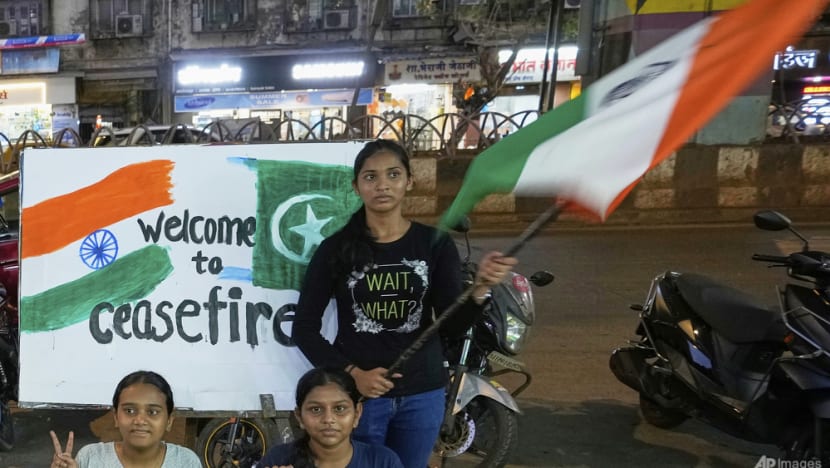

In the wake of the recent brief but intense 87-hour conflict in May, India and Pakistan have embarked on parallel global charm offensives, each vying to present their version of events to the international community. Multi-party parliamentary delegations from both nations have been actively touring world capitals, engaging with foreign governments, think tanks, and media outlets. The core objective is to shape global opinion and secure diplomatic support amidst heightened tensions.
Both countries are attempting to claim the moral high ground, portraying themselves as the aggrieved party while casting the other as the aggressor. India has framed its actions as a necessary response to the terror attack in Pahalgam, where 26 civilians were killed. New Delhi asserts its military actions were a legitimate counterterrorism measure, targeting militant groups operating from Pakistani territory. Conversely, Pakistan contends that its military response was triggered by India's initial military operation and accuses India of failing to provide concrete evidence linking Pakistan to the Pahalgam attack. Islamabad has even called for an impartial international probe into the incident, highlighting what it considers its commitment to transparency and diplomatic maturity.
Each side fiercely resists any attempts to draw parallels or equivalencies between their positions. India emphasizes that it has abandoned its prior "hesitation" in deploying hard power, signaling a more assertive stance in dealing with perceived threats. Meanwhile, Pakistan accuses India of "dragging water onto the battlefield," alluding to India's threats to unilaterally alter the Indus Waters Treaty, a longstanding agreement on water sharing between the two nations.
These diplomatic efforts extend beyond mere public relations exercises. They reflect the high stakes involved: global perception, potential international pressure, and long-term diplomatic consequences. India, led by figures like Shashi Tharoor, has been actively engaging with U.S. officials and media to portray Pakistan as the instigator of the recent violence in Kashmir. However, critics suggest that India's outreach is driven more by domestic considerations than a coherent foreign policy strategy, pointing to intelligence lapses and a lack of transparency surrounding the conflict.
Pakistan, on the other hand, has been keen to highlight what it considers India's provocations, including border violations and threats to the Indus Waters Treaty. Prime Minister Shehbaz Sharif's recent diplomatic tour, encompassing countries like Türkiye, Iran, Azerbaijan, and Tajikistan, underscores Pakistan's efforts to recalibrate its foreign policy approach and build stronger regional alliances. Pakistan aims to showcase its commitment to peace, dialogue, and conflict resolution, contrasting it with what it depicts as India's belligerent stance.
One key aspect of Pakistan's strategy involves challenging India's narrative by pointing out that India hastily blamed Pakistan for the Pahalgam attack before any proper investigation. Pakistan has consistently denied involvement and has called for an impartial international probe. Moreover, Pakistan argues that its military response (Operation Bunyanum Marsoos) was defensive, designed to deter further aggression following India's Operation Sindoor, which Islamabad views as an offensive move.
The success of these charm offensives remains to be seen. India's attempts to export its domestic narrative control abroad may face challenges amid growing global scrutiny and skepticism. Western diplomats, in particular, have expressed reservations, and the U.S. response to the conflict has been perceived as ambiguous. Some analysts have noted that India sometimes comes across as "preachy" or "normative" in its dealings with U.S. officials, compared to Pakistan's more transactional and flexible approach. Ultimately, both India and Pakistan must recognize that lasting peace and stability can only be achieved through direct dialogue and a commitment to resolving their differences through peaceful means, rather than relying solely on shaping international perceptions.